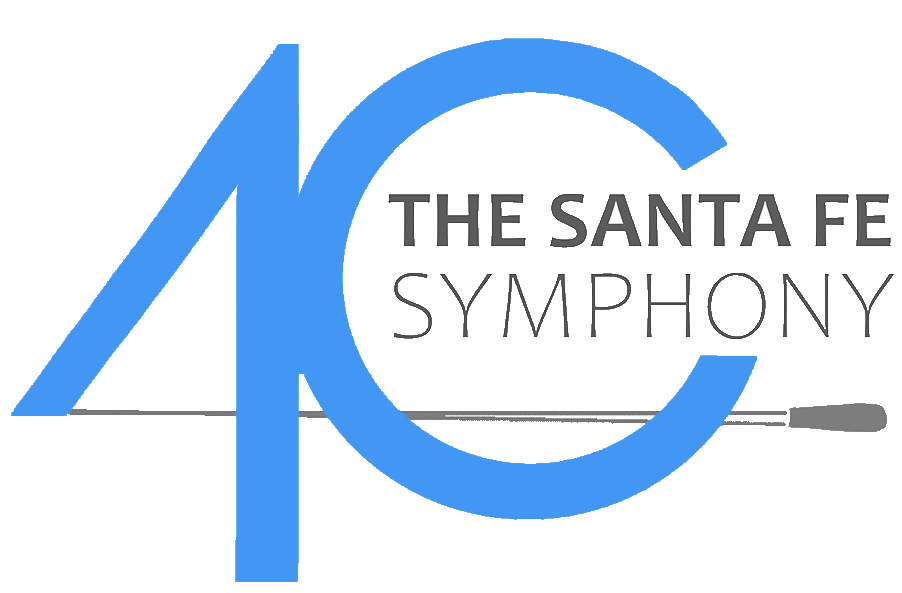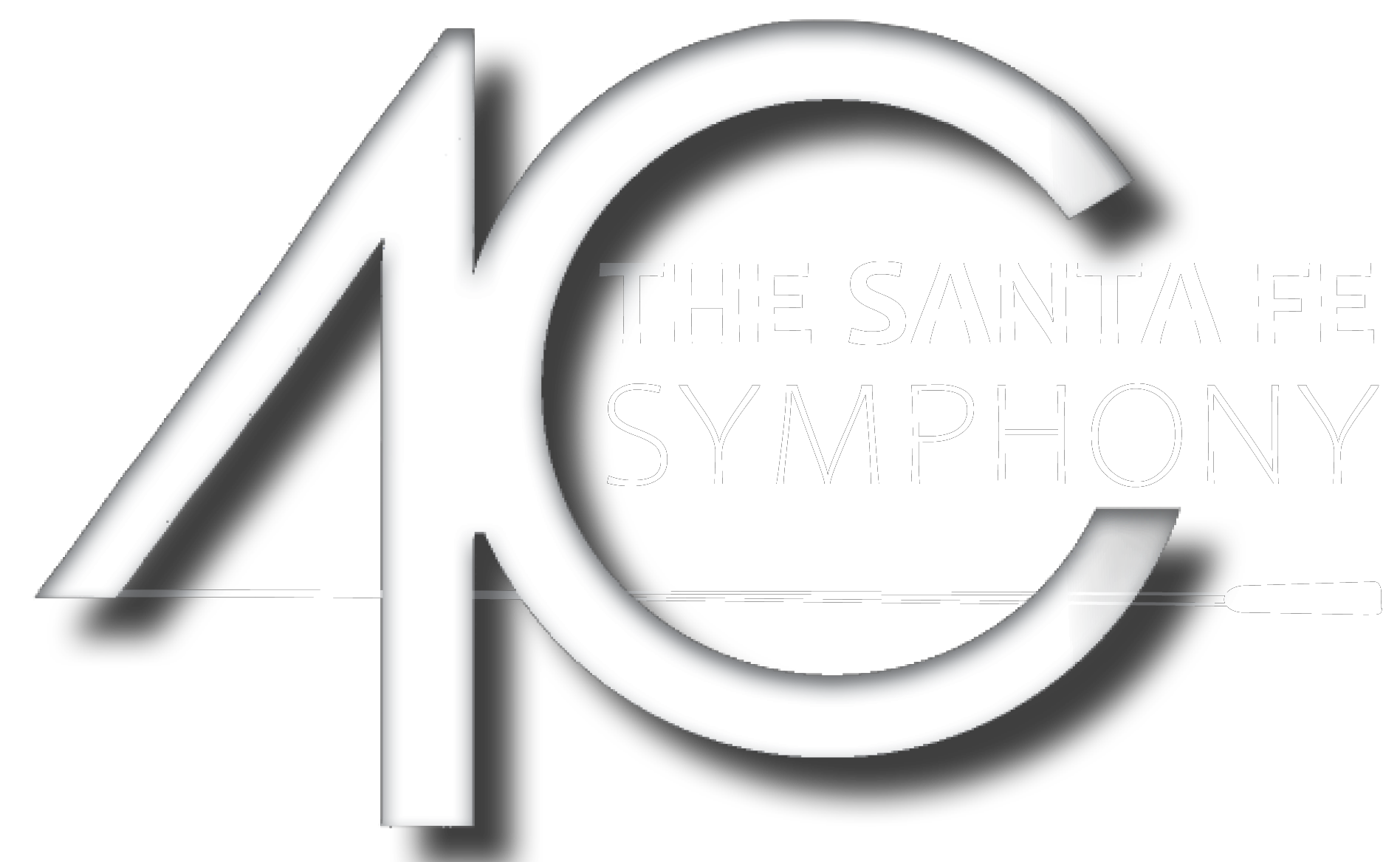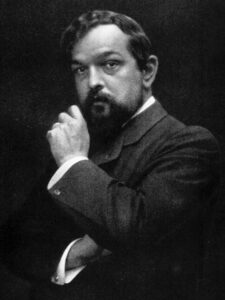Program Notes | Philippe Quint in Charlie Chaplin’s Smile
January 14, 2024 / 4:00 pm
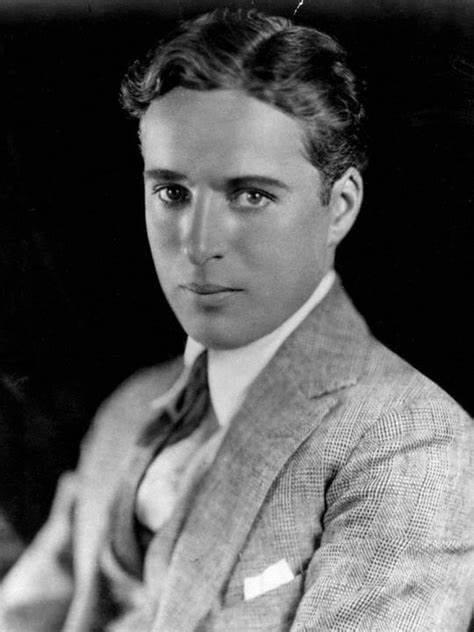
CHARLIE CHAPLIN
Born 1889, London
Died 1977, Corsier-sur-Vevey, Switzerland
Weeping Willows
Weeping Willows was written for Chaplin’s 1957 film A King in New York. It was his last leading role in a film. Presenting a satirical view of the McCarthy era and other aspects of United States politics and society, the movie also featured Chaplin’s young son Michael.
CLAUDE DEBUSSY
Born 1862, Saint-Germain-en-Laye
Died 1917, Paris
Clair de lune
Clair de lune (Moonlight), inspired by the poetry of Paul Verlaine, is the third movement of Debussy’s Suite bergamasque. Upon meeting Charlie Chaplin in Paris, Debussy exclaimed: “You are instinctively a musician and a dancer.”

CHARLIE CHAPLIN
Born 1889, London
Died 1977, Corsier-sur-Vevey, Switzerland
City Lights Suite from City Lights
Arranged by Philippe Quint and Charles Coleman
Composed by Charlie Chaplin in 1931 with musical arrangements by Arthur Johnson and musical direction by Alfred Newman, this was Chaplin’s first film score, and he completed it in a period of just six weeks. Its main theme, La Violetera, was borrowed from Spanish composer José Padilla, to whom Chaplin lost a lawsuit, having failed to credit him for the leitmotif of his Flower Girl’s Theme.
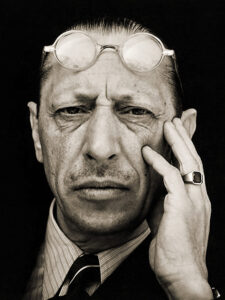
IGOR STRAVINSKY
Born 1882, Oranienbaum, Russia
Died 1971, New York City
Tango
Arranged by Samuel Dushkin
After settling in Hollywood, Stravinsky found himself facing financial difficulties. He therefore decided to write new music that would have commercial appeal. Tango, his first piece entirely composed in America, is one of those works. Stravinsky’s encounter with Chaplin to discuss a potential collaboration did not ultimately yield any results.

CHARLIE CHAPLIN
Born 1889, London
Died 1977, Corsier-sur-Vevey, Switzerland
Eternally (The Terry Theme) from Limelight
Arranged by Philippe Quint and Charles Coleman
The score for Limelight was composed by Charlie Chaplin, with musical arrangements by Raymond Rasch and musical direction by Larry Russell. Although the film was originally released in 1952, Chaplin was exiled from the U.S. that same year and Limelight was not seen by American audiences until 1972. It went on to win the Oscar for Best Original Dramatic Score in 1973.

CHARLIE CHAPLIN
Born 1889, London
Died 1977, Corsier-sur-Vevey, Switzerland
Tango Bitterness from Monsieur Verdoux
Arranged by Philippe Quint and Charles Coleman
The score for this 1947 movie was composed by Chaplin, with musical arrangement and direction by Rudolf Schrager. Inspired by a film concept originally suggested by Orson Welles, Monsieur Verdoux is a black comedy starring Chaplin in a role very different from that of the Little Tramp. The story is based on that of bigamist and serial killer Henri Désire Landru, and the film was Oscar-nominated for Best Original Screenplay.
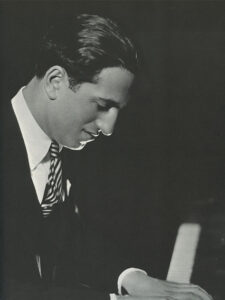
GEORGE GERSHWIN
Born 1898, Brooklyn, NY
Died 1937, Beverly Hills, CA
Promenade / Walking the Dog
Walking the Dog is one of many musical numbers written in 1937 by George Gershwin for the Fred Astaire – Ginger Rogers film Shall We Dance. The music accompanies a sequence of walking a dog on board a luxury liner. In 1960, the song was published as “Promenade.”
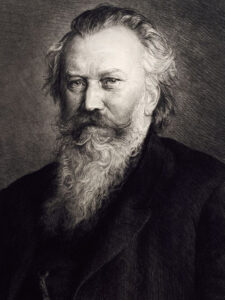
Johannes Brahms
Born 1833, Hamburg
Died 1897, Vienna
Hungarian Dance No. 5
Arranged by Joseph Joachim
Brahms’s Hungarian Dance No. 5 accompanies one of the best-known scenes in The Great Dictator, in which Chaplin plays the dual leading roles of ruthless fascist dictator and persecuted Jewish barber. It has been said that Brahms’ dances may have influenced the development of ragtime.

CHARLIE CHAPLIN
Born 1889, London
Died 1977, Corsier-sur-Vevey, Switzerland
‘The Kid’ Fantasy from The Kid
Arranged by Leon Gurvitch
The Kid is a silent comedy-drama written, produced and directed by Chaplin (his first full-length feature), and co-starring child actor Jackie Coogan as his adopted son and sidekick. When he wrote the score, Chaplin drew on his favorite work by Tchaikovsky – the Sixth Symphony – and created a leitmotif by adapting the main theme of the symphony’s first movement.

CHARLIE CHAPLIN
Born 1889, London
Died 1977, Corsier-sur-Vevey, Switzerland
Smile, Theme from Modern Times
Arranged by Philippe Quint and Charles Coleman
The song Smile, first made famous by Nat King Cole, is based on a theme from Chaplin’s soundtrack for the 1936 classic Modern Times, which itself was inspired by the music of Puccini’s Tosca. Songwriters John Turner and Geoffrey Parsons adapted the theme in 1954, coining the title and writing lyrics based on the optimistic spirit of the film: the idea of smiling even when life is tough.
